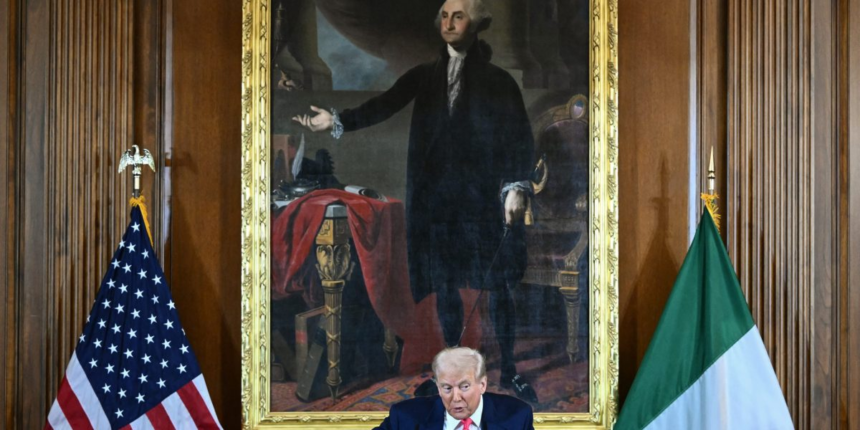The U.S. has added Ireland to a list of countries it is keeping tabs on owing to a large and growing trade surplus that has stoked the ire of President Donald Trump.
The other countries on the U.S.’s monitoring list are China, Japan, Singapore, Vietnam, Taiwan, South Korea, and Germany.
“In line with President Trump’s America First Trade Policy, the United States Treasury will be vigilant in identifying and taking action against currency manipulation and will continue to closely monitor a range of relevant macroeconomic and financial policies implemented by our trading partners that propagate imbalances, contribute to significant exchange rate misalignments, or result in an unfair competitive advantage in trade,” said Treasury Secretary Scott Bessent in a statement.
On this occasion, the U.S. has exercised restraint and refused to label China a currency manipulator. The Trump administration is currently in tense negotiations with China to ward off unprecedented import tariffs on Chinese imports, which are currently on hold.
Ireland previously made the list in 2019 and in 2021, and continues to bounce on and off the lineup as its external economy grows in significance.
Ireland wooed U.S. multinationals to its shores with tax incentives, and has since gained a talent and infrastructure advantage from companies investing in the country. In addition to the pharmaceuticals sector, the country proved successful in convincing tech giants like Google, Meta, and Apple to base their European headquarters in Ireland.
This globalization trend has irked Trump, who in March complained to Ireland’s Taoiseach, Michael Martin, about the trend of American companies setting up bases in the country.
In its report, the U.S. said exhange rate declines in recent months had shifting trading balances in a way that was likely to increase its deficit with Ireland, Tawan, and Korea, further. Germany is another European country with a heavy trading surplus over the U.S., leading to its inclusion on the list.
As part of his April 5 “Liberation Day” onslaught of “reciprocal” tariffs, Trump’s team was found to have used a formula based on the U.S.’s trade balance with other countries. While Ireland’s heavy surplus with the U.S. would have indicated an aggressive tariff, its membership of the EU, whose member states received a collective tariff of 20%, spared it from the worst of Trump’s onslaught. These tariffs, like those implemented against Chinese imports, are currently on a 90-day pause pending negotiations.
A representative for Ireland’s Department of Enterprise, Trade and Employment didn’t immediately respond to a request for comment.









